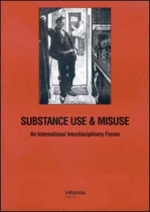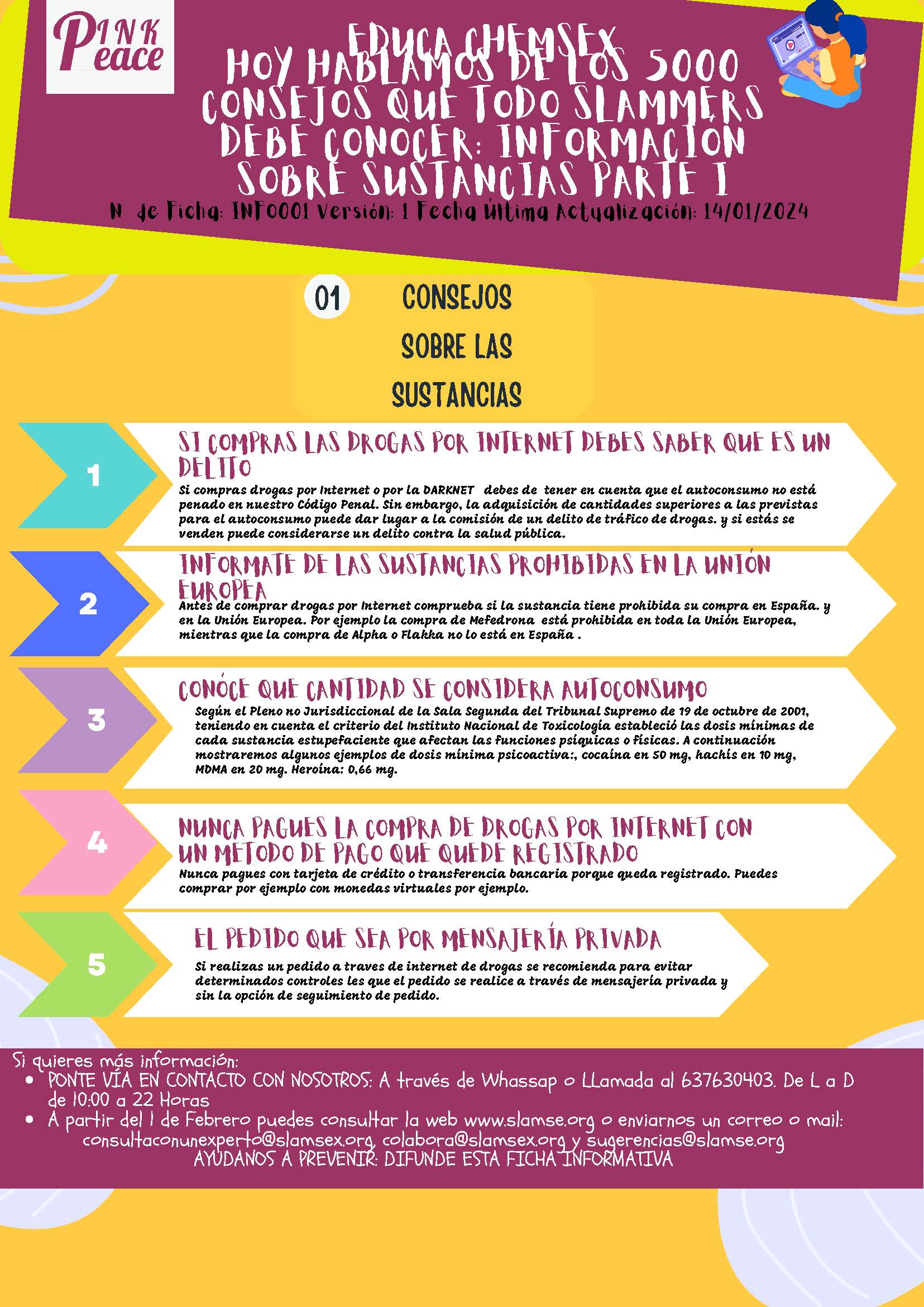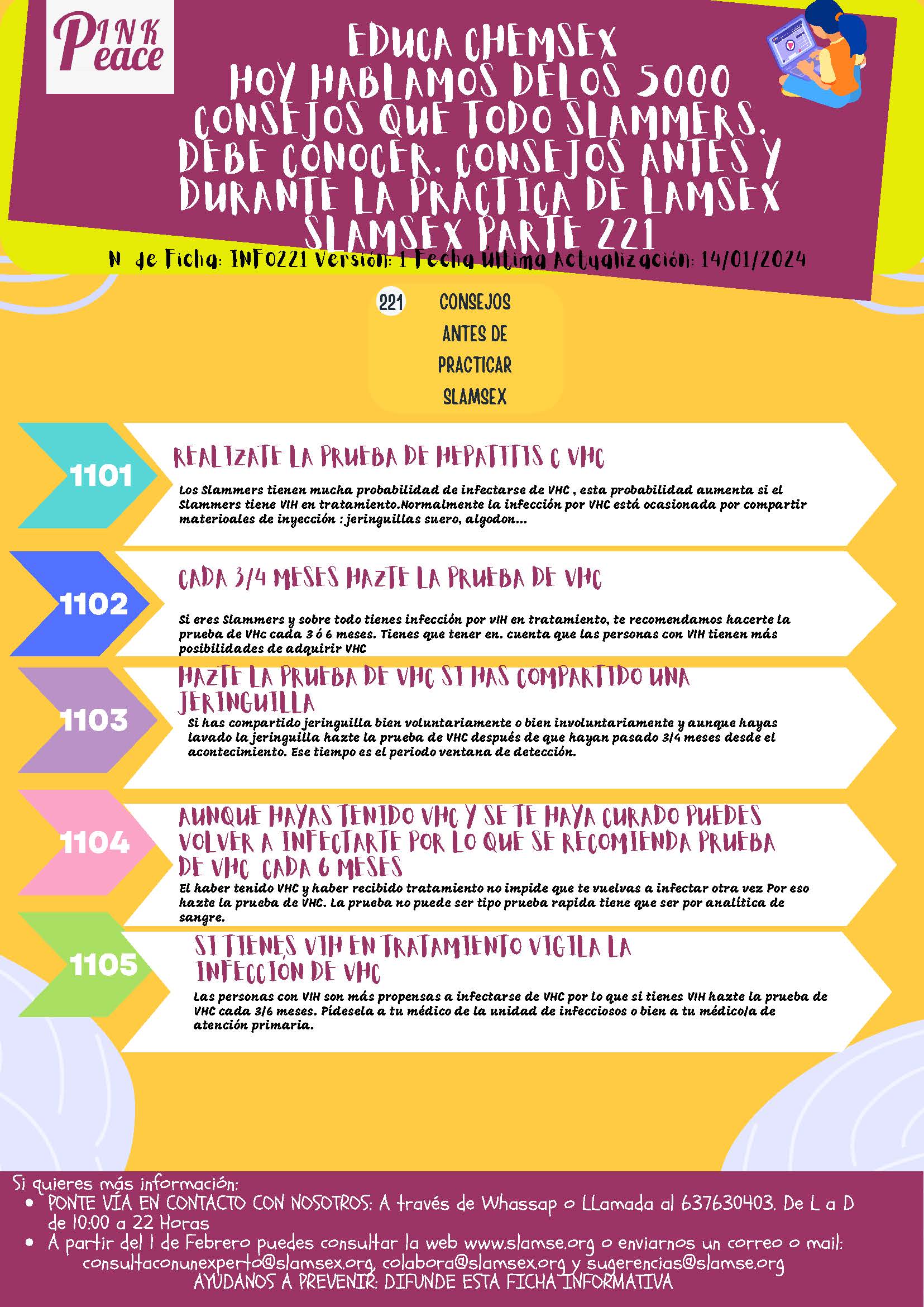Resum
Background: Crack cocaine use has increased rapidly throughout Mexico, coinciding withrising HIV and HCV infections among vulnerable groups. Due to the increased risk of infectionamong crack users, harm reduction approaches have been identified to reduce the spread ofdisease. However, Mexico has yet to adopt these techniques for crack users. Objectives: To evaluate the impact of a pilot crack kit distribution program on risky smokingbehaviors of active crack users in an impoverished colonia of Mexico City, Mexico. Methods: Fifty crack kits, containing safer smoking paraphernalia and related health items (i.e.,condoms, alcohol wipes, etc.), were distributed to active crack users. A sample of 58 crack userswere surveyed prior to the intervention and 35 were successfully relocated and surveyed threemonths after the intervention. Surveys assessed drug use, crack kit utilization, and smokingpractices. Results: Findings indicate that crack kit utilization was high throughout the sample. Use of riskyor unsafe paraphernalia decreased, specifically the use of cans as pipes (Z = -2.653, p = .008). Similarly, Pyrex pipe use increased significantly (Z = -3.132, p = .002). Sharing of paraphernaliaalso decreased throughout the sample. Conclusion: These findings identify the potential benefits in reducing risky smoking behaviorsof crack kit distribution programs in Mexico City. This evidence supports expansion of crack kitprograms in Mexico and similar impoverished regions.






